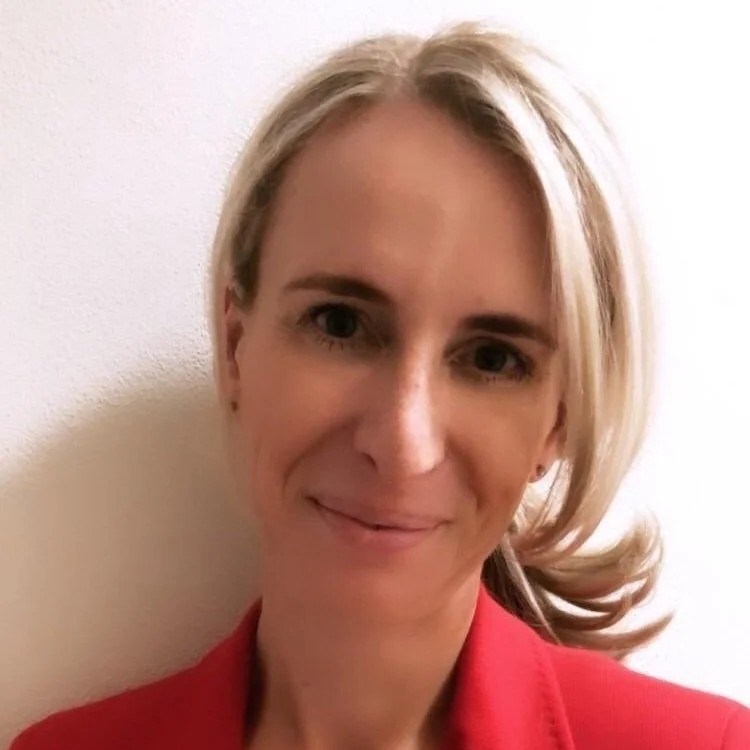From one researcher’s roadblock to a national biobanking solution.
She didn’t know it at the time, but in 2014 when Professor Lenka Munoz remarked, “I’m getting brain tumour tissue from Finland,” she planted a seed that would help establish Brain Cancer Australia.
Having recently arrived in Australia, Lenka wasn’t familiar with local biobanks, so she sourced tumour tissue for a research project through her contacts in Finland. When she shared this story with Brain Cancer Australia founder Robyn Leonard, it struck a chord.
Robyn already knew how fragmented Australia’s biobanking system was, and Lenka’s experience cemented her decision to launch Brain Cancer Australia’s first major initiative: a national network connecting Australia’s biobanks so researchers like Lenka could access the tissue they need.

“Brain cancer is complex, diverse, and unlike any other disease. But that doesn’t mean finding effective treatments is impossible. It just means we have to work smarter, collaborate more, and never stop asking questions.”
Today, Lenka is the Head of Glioblastoma Drug Discovery Laboratory at the University of Sydney. Her team focuses on developing new treatments for glioblastoma and has built a strong track record of publications and intellectual property. One recent breakthrough involved understanding how a promising drug candidate (drug in development) worked—a two-year challenge – which she says was critical to avoid wasting time, money, and hope in clinical trials.
As a member of Brain Cancer Australia’s National Consortium, Lenka is a strong advocate for collaboration and sees the national infrastructure platforms as essential to building the ecosystem needed to fast-track better treatments.
“I don’t work in biobanking or clinical trials day-to-day, but I need those systems to exist,” she says. “If we discover a promising new drug, we need access to real patient tissue and data to test it. Without that infrastructure, the research stops short. That’s why Brain Cancer Australia matters – we all talk together; we all share knowledge, new discoveries and we don’t do anything in isolation.”
“If we discover a promising new drug, we need access to real patient tissue and data to test it. Without that infrastructure, the research stops short."
Science wasn’t always Lenka’s path. Growing up in Slovakia, she loved German and once dreamed of becoming a diplomat. A failed high school chemistry test changed her path. “I studied hard to prove to my teacher I could do well in chemistry—and discovered I loved it,” she laughs.
After earning a Doctor of Pharmacy and a PhD in medicinal chemistry, she realised she didn’t want to dispense drugs—she wanted to create them. A stint in Germany was followed by a postdoc at Northwestern University in the U.S. Expecting to be hired as a chemist, she was instead asked to uncover the mechanism behind a promising new Alzheimer’s drug.
“I’d never even seen a cell under a microscope,” she laughs. “But my supervisor said, ‘Don’t worry—if you can do chemistry, you can learn biology.’ And he was right.”
In 2011, she relocated to Australia with her husband to start an independent academic career focusing on brain cancer research at the University of Sydney.
“It was hard because I didn’t have a background in cancer research and I didn’t I have any connections. The only person I knew when I came here was my husband! But I was determined to make it work and once I got an empty bench to start my research, I was on my way.”
"We all want the same thing: drugs that give patients real options.”
For Lenka, every discovery—success or failure—adds to the global effort.
“When you finally solve something, it’s a mix of relief, pride, happiness—all of it at once. You finally know what the molecule is doing, and you can move forward.”
But she insists failures matter just as much.
“I’m a big advocate of publishing negative data and failed hypotheses. There’s a famous quote from Thomas Edison: ‘I have not failed. I’ve just found 10,000 ways that won’t work.’ That’s how I approach it. Even when a project doesn’t deliver a promising, positive result, it tells us what won’t work. That’s just as important—it helps other scientists avoid dead ends."



